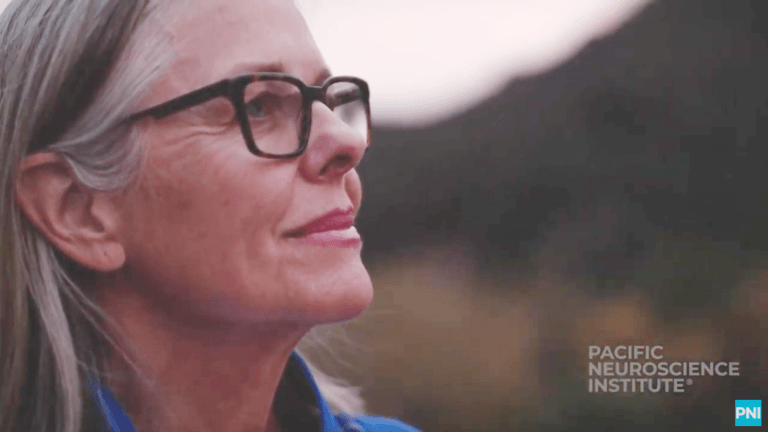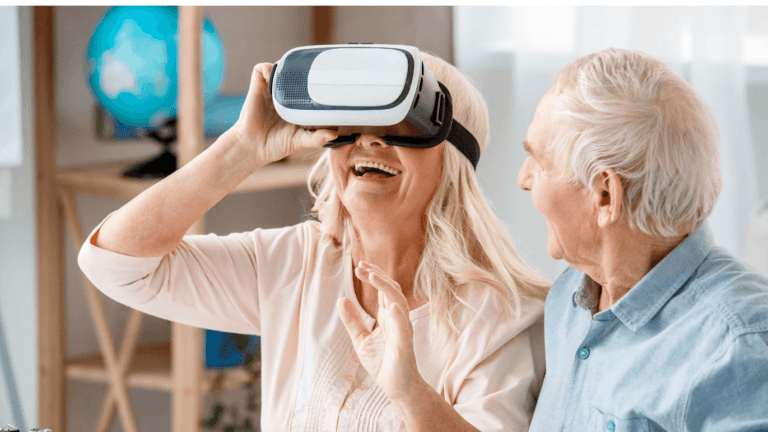
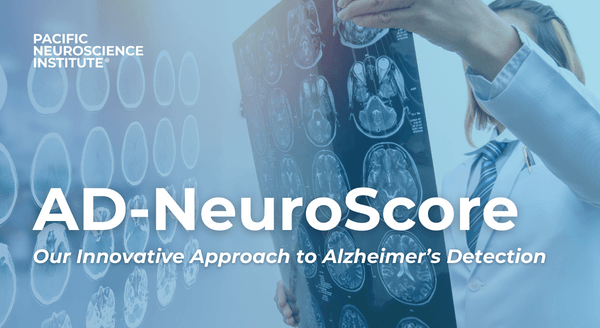
AD-NeuroScore: Our Innovative Approach to Alzheimer’s Detection
by Brianna Rauchman
Introducing AD-NeuroScore, an innovative approach to early Alzheimer’s disease detection and tracking. Developed by Jennifer Bramen, PhD, at Pacific Neuroscience Institute Foundation, this novel solution uses advanced MRI technology and a unique algorithm to simplify and improve Alzheimer’s-specific neurodegeneration assessment.
In the realm of neurological disorders, Alzheimer’s disease casts a shadow over millions of lives globally. Early detection holds the potential for early and therefore more effective treatments and improved patient outcomes. Jennifer Bramen, PhD, Senior Research Scientist at the Pacific Neuroscience Institute Foundation® (PNIF ®), co-authored a paper with David Merrill, MD, PhD, Director of the Pacific Brain Health Center, and Stella Panos, PhD, neuropsychologist, among others, introducing an advancement in the field: AD-NeuroScore, a cutting-edge solution aimed at early Alzheimer’s detection and disease progression tracking.
The findings were published in Neuroimage Clinical.
Understanding Alzheimer’s Disease and the Need for Early Detection

Alzheimer’s disease is a neurodegenerative condition that demands early detection for optimal management. Early Intervention, especially before individuals show outward signs of cognitive decline, can significantly impact patient well-being and slow down the progression of the disease. Moreover, monitoring the effectiveness of interventions is crucial for refining treatment strategies. This is where AD-NeuroScore steps in, improving the way we monitor Alzheimer’s disease.
AD-NeuroScore: The Technology Behind the Breakthrough
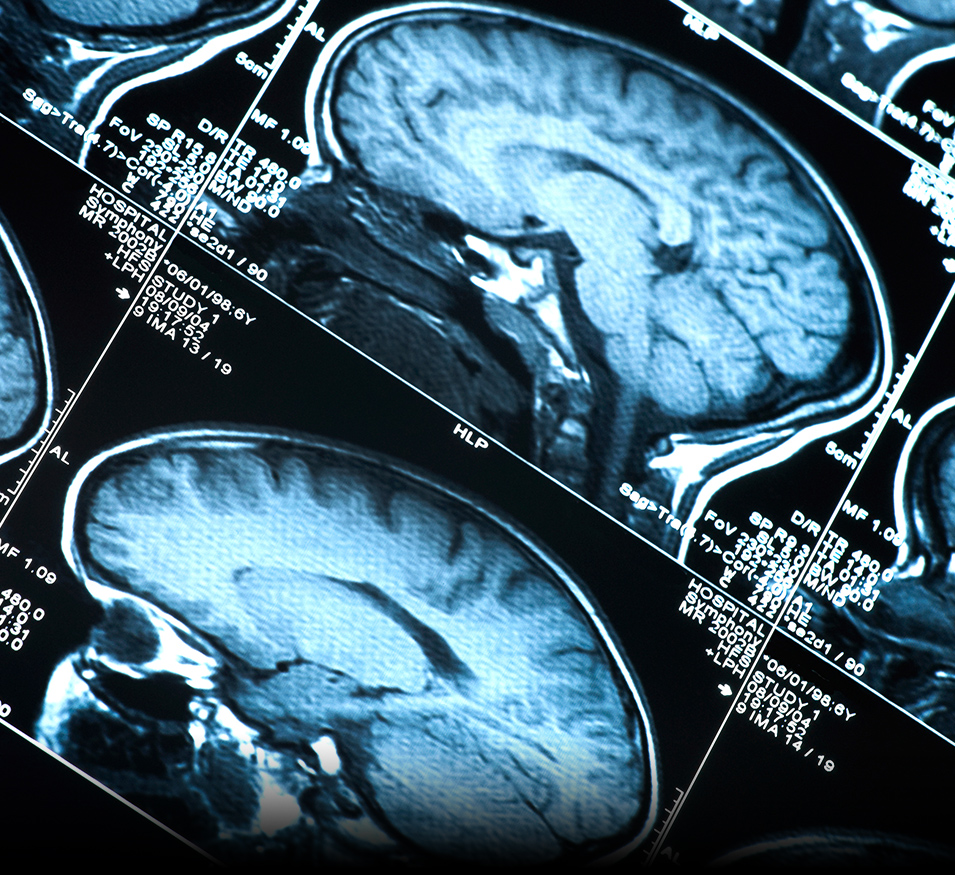
Dr. Bramen’s team leverages the power of magnetic resonance imaging (MRI) technology to develop AD-NeuroScore technology. MRI is a widely used tool for diagnosing medical conditions, including Alzheimer’s disease. What sets AD-NeuroScore apart is its innovative algorithm, designed to assess neurodegeneration associated with Alzheimer’s.
Unlike existing tools, AD-NeuroScore’s standout feature is its remarkable clinical feasibility and interpretability. It is also translatable, especially because of its focus on common clinical features. It takes into account the inherent variations in MRI scans performed across different facilities using different scanners. This ensures accuracy of longitudinal follow-up reports, an essential aspect of tracking disease progression over time.
Validating Success: AD-NeuroScore’s Impressive Results
Dr. Bramen’s team validated the efficacy of AD-NeuroScore using data from the Alzheimer’s Disease Neuroimaging Initiative (ADNI) study. The results were promising – AD-NeuroScore demonstrated a significant correlation with diagnosis and disease severity, establishing its reliability from the outset. AD-NeuroScore performed as well or better than hippocampal volume, a widely used metric that is impacted by Alzheimer’s, but also other conditions making it less specific.
A Glimpse into the Future: AD-NeuroScore’s Potential Impact

Neurodegeneration assessment often involves complex brain volume reports, which are challenging to interpret. AD-NeuroScore simplifies this process by condensing intricate data into a single score. AD-NeuroScore clearly distinguishes cognitively normal individuals from later stages of cognitive impairment. It uses information readily available in current clinical workflows.
The exact timeline for AD-NeuroScore’s widespread integration remains uncertain. However, with dedicated researchers like Dr. Bramen leading the charge, we’re inching closer to a future where Alzheimer’s is better managed and understood.
For more information regarding brain health treatment and clinical trials, please contact the Pacific Brain Health Center: 310-582-7612
Related Links
Related Articles
Related Videos
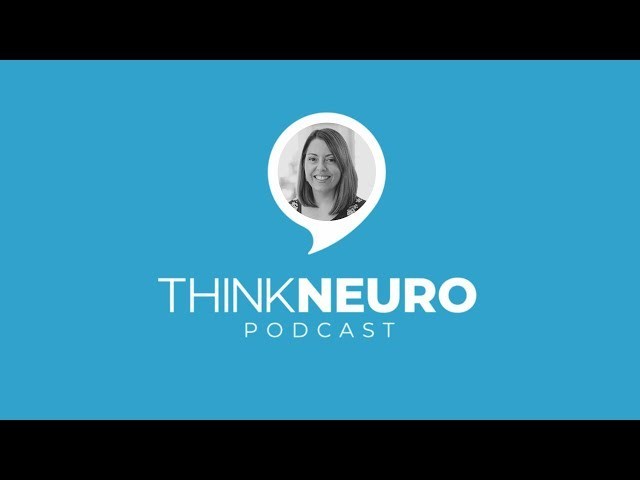 Beating the Odds on Alzheimer’s Disease | Molly Rapozo, MS, RDN, CD and Judy Davidson
Beating the Odds on Alzheimer’s Disease | Molly Rapozo, MS, RDN, CD and Judy Davidson
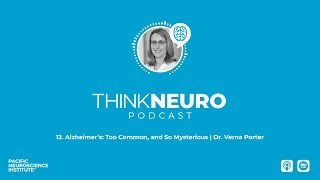 Think Neuro Podcast: Alzheimer’s: Too Common and So Mysterious | Dr. Verna Porter
One in ten Americans who are 65 and older suffer from Alzheimer’s dementia. It’s the 6th leading cause of death in the country, and it is a scourge worldwide. But…
Think Neuro Podcast: Alzheimer’s: Too Common and So Mysterious | Dr. Verna Porter
One in ten Americans who are 65 and older suffer from Alzheimer’s dementia. It’s the 6th leading cause of death in the country, and it is a scourge worldwide. But…
 Susan’s Story | Alzheimer’s Disease
Susan shares her moving story of the devastating effect of Alzheimer’s disease on her mother and her fear as it began taking her own memory as well. She was determined…
Susan’s Story | Alzheimer’s Disease
Susan shares her moving story of the devastating effect of Alzheimer’s disease on her mother and her fear as it began taking her own memory as well. She was determined…
 12. It Takes A Village: Managing and Planning When the Diagnosis is Dementia, Sheila Moore, LCSW
12. It Takes A Village: Managing and Planning When the Diagnosis is Dementia, Sheila Moore, LCSW
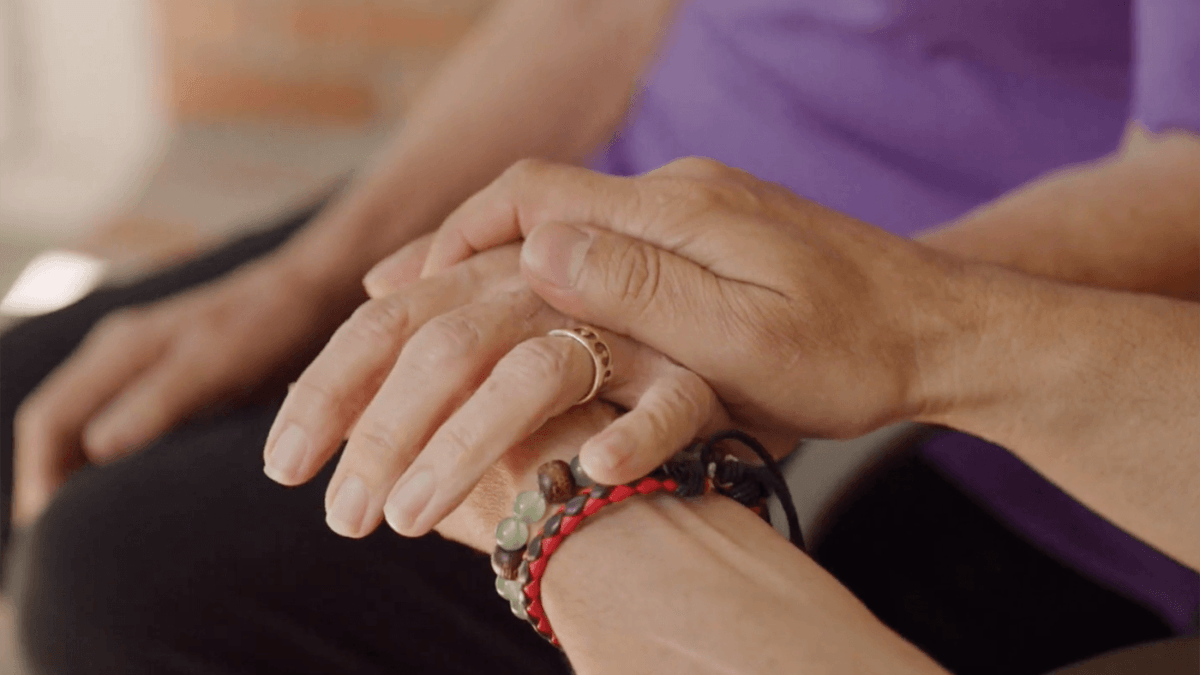 Alzheimer’s LA Caregiver Tips
Alzheimer’s LA Caregiver Tips
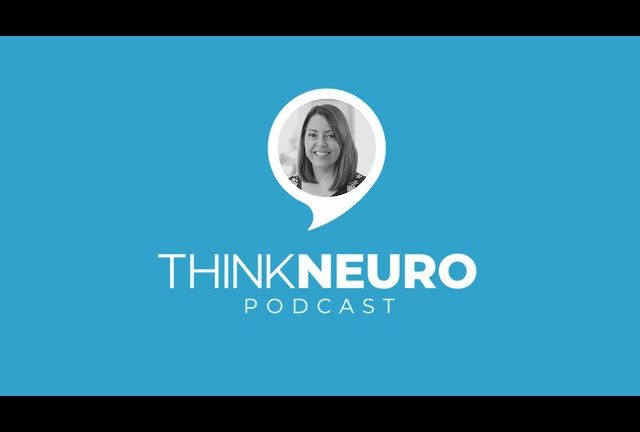
Beating the Odds on Alzheimer’s Disease | Molly Rapozo, MS, RDN, CD and Judy Davidson

Alzheimer’s: Too Common and So Mysterious | Dr. Verna Porter

Susan’s Story | Alzheimer’s Disease
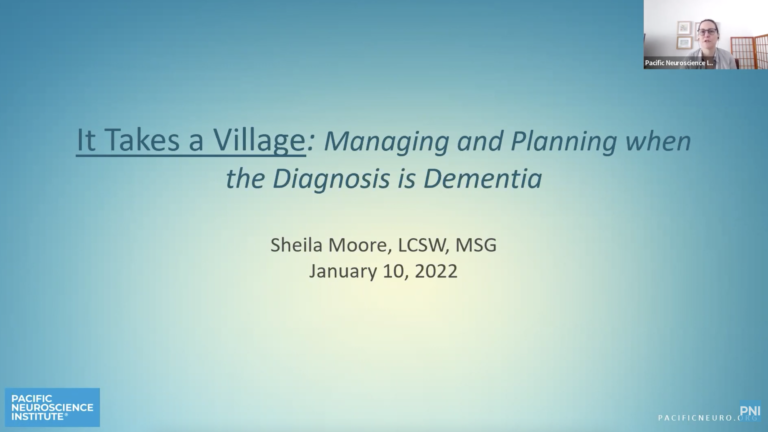
12. It Takes A Village: Managing and Planning When the Diagnosis is Dementia, Sheila Moore, LCSW
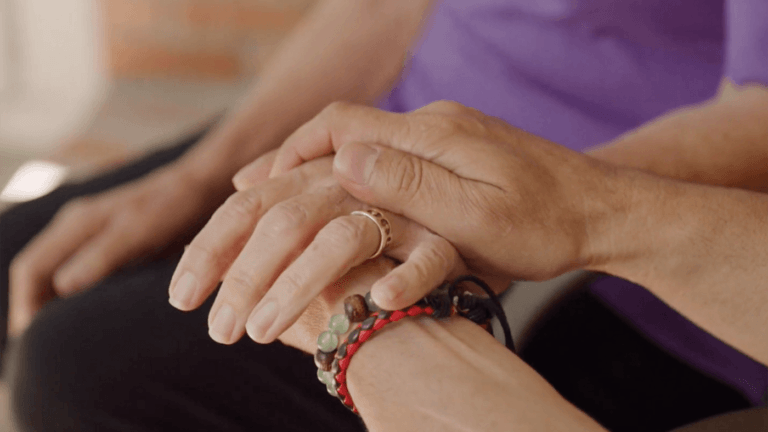
Alzheimer’s LA Caregiver Tips
About the Author
Brianna Rauchman
Brianna Rauchman, BA, is the Communications Coordinator for the Lifestyle Program, where she helps develop outreach strategies to connect with an expanding audience. Her responsibilities include providing launch support, developing content, assisting with collateral design, and planning social media strategies.
Last updated: October 20th, 2023



